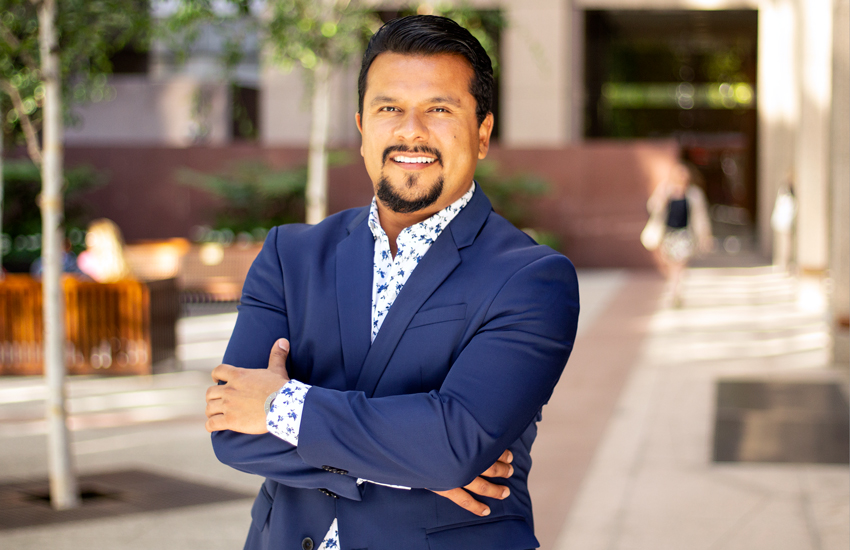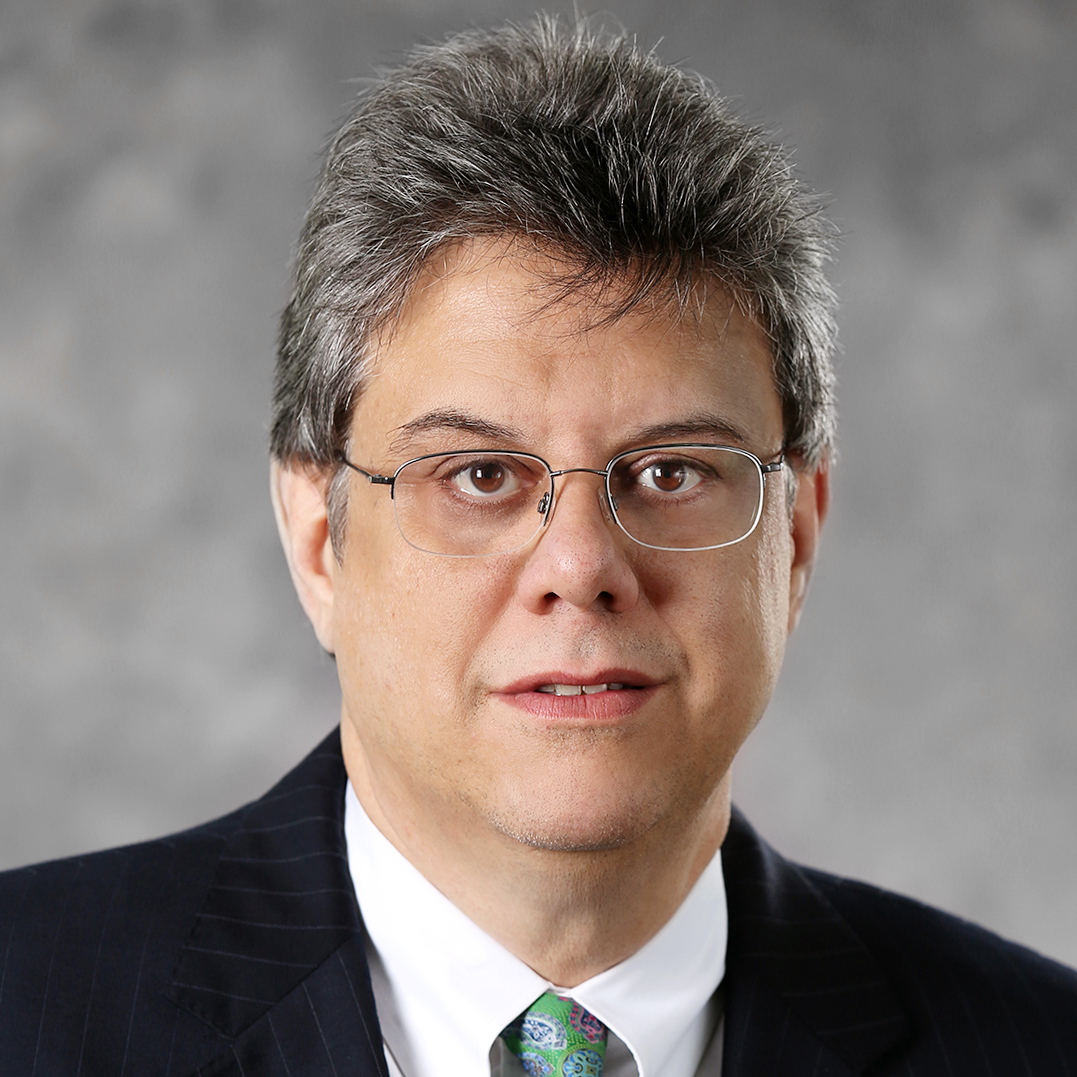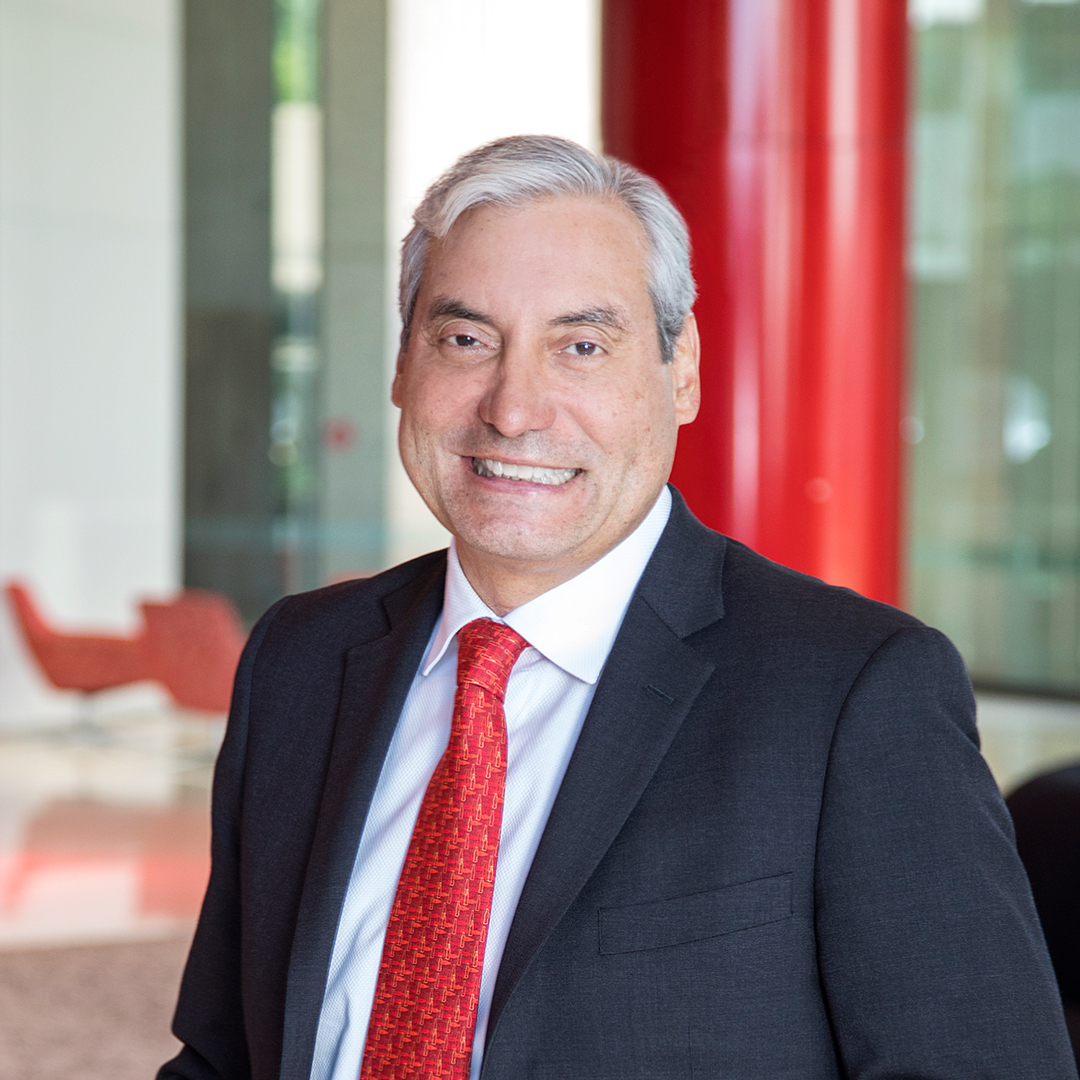|
Getting your Trinity Audio player ready...
|
“I had a director in engineering at Uber who once told me, ‘People will work here fifteen to twenty years and never get to see the scale and magnitude of the impact of the projects that you’ve led,’” recalls Luis Madrigal, an engineering manager for client platform engineering and IoT at the rideshare giant. “I never thought of it from that perspective.”
Honestly, he probably hasn’t had the time. Never mind the reality that Madrigal is tasked with engineering advancements and solutions within an ever-evolving tech universe—one where smartphones, and the services they render, have become crucial components of everyone’s day-to-day orbit. And never mind the reality that he got to Uber by committing early to mobile technology and an understanding that if you’re willing to raise your hand and take on projects, you can get out in front of any industry and pave your own path. No, it’s actually been the initiatives tangential to his engineering career that have kept him so busy.
For Madrigal, it’s a good problem to have, but one he had to get accustomed to embracing. “In Hispanic culture, we tend to err on the side of humility,” Madrigal explains. “One thing I recognized from my third- or fifth-generation American friends is that they kind of go for it all the time—even if they’re winging it.”
Madrigal’s father—a Mexican immigrant who, along with his eleven brothers and sisters, got by on beans and tortillas six days a week—instilled in him a resolve that became fully realized as he grew up. “At a certain point it sunk into me, like, ‘Damn, my destiny came from nothing.’ My father’s mentorship and coaching pushed me to not shy away from what you don’t know because you can always learn on the go.”
Those lessons have manifested not only in what Madrigal has accomplished prior to his engineering career at Uber—like when at Arup, for instance, he set the global standard for iPhones and Androids to be corporate-owned—but also in his rapidly growing confidence within an ever-nebulous tech industry.

“We want to enhance the culture so people feel a sense of belonging at Uber. It doesn’t matter if you were raised in an indigenous tribe or graduated from Stanford or Harvard.”
“I’ve seen the pace of Uber be very difficult for some people to handle, and they burn out,” Madrigal admits. “I’ve also seen it be an amazing spot for people with the right attitude to challenge themselves. Eventually, I realized my own worth and that I’m valuable to Silicon Valley.”
Impactful Moments
2005 “I worked at TSA as a screener and left to work at Canon as a service engineer. I got paid two dollars less per hour at Canon. I took a lower-paying job to be closer to technology.”
2006 “My daughter was born and that was a really big awakening for me.”
2012 “That was the year I became PTA president at my daughter’s school.”
2014 “I started at Uber in January. There were maybe seventy-five people in engineering. We were about five hundred people globally, and today I think the public figure that Uber shares is twenty-six thousand employees.”
2015 “That’s when I became co-chair of the Los Ubers ERG.”
2019 “Just recently, I organized and funded my dad’s retirement party. I flew out some of his brothers and sisters, those who were willing, to a beach over by Puerto Vallarta and had a family reunion. We got to celebrate my dad. He worked from the age of six and retired at sixty-six—sixty long years of hard labor.”
Madrigal has worked to cascade that message of self-confidence through diversity and inclusion channels at Uber. Though he admits to initially being a bit of a skeptic—unsure of whether D&I initiatives ultimately ended up marginalizing groups as opposed to empowering them—once he attended a few meetings of the Black at Uber group, which was founded by an engineer he had recruited for his team, he began to come around. He witnessed how its members rallied together to share ideas and philosophies, particularly while Uber was growing exponentially by the thousands.
“I got introduced to Los Ubers as a potential leader,” Madrigal recalls. “After the first meeting, they said they’d love for me to be a co-chair of the group.” Shortly thereafter, he began gathering together co-chairs of the different representative ERGs to meet with the company’s then-CEO Travis Kalanick. “We would have very honest conversations about things we liked about the culture, things we didn’t like, and how we could drive change.” The meetings have persisted quarterly and have been continued under the current CEO, Dara Khosrowshahi.
As Madrigal matured as a leader within Los Ubers, he began getting heavily involved in events with organizations like the Society of Hispanic Professional Engineers, while simultaneously eyeing opportunities to recruit potential engineers from universities in Mexico and Puerto Rico. Those initiatives often resulted in Madrigal and other Uber engineers being able to bring back students as interns. “They would then get put in our recruiting pipeline,” he says. “The more I saw the tangible effect of leading the ERG, the more I was like, ‘What else can I do?’”
Being a single father—one who actively sought the role of PTA president at his daughter’s school—Madrigal knows that leading by example will always be the best way. “It’s really not whether something good or bad happens, it’s how you react to it. My dad did a good job of doing that even when I hit low points along the course of my career. And I’m trying very actively to teach that to my daughter as well.”
He does so by not resting on his laurels. Even when Madrigal expanded Los Ubers globally, empowering and encouraging other members to move into leadership roles while the ERG expanded to chapters in New York, Phoenix, Chicago, Toronto, and Los Angeles, he looked for other ways to leverage his own resources and create innovative methods within the company to promote diversity. “We want to enhance the culture so people feel a sense of belonging at Uber,” he notes. “It doesn’t matter if you were raised in an indigenous tribe or graduated from Stanford or Harvard.”
“Lately I’ve been spending time helping build strategies with various product teams and making sure they are seeing diverse perspectives,” Madrigal continues. “We’re creating a framework of guidance so teams know how to go about exploring ideas in diversity and inclusion in relation to design and engineering. Because if you ask two people to draw a bicycle, they’re going to draw completely different things on a white piece of paper.”
What it all amounts to is that Madrigal’s been busy—particularly as Uber and ridesharing continue to grow at an unprecedented pace. Still, his fervor for both engineering and promoting diversity in engineering hasn’t waned. Not one iota.
“I’ve seen the culture shift at Uber. We’ve had a lot of changes in practices and personnel,” Madrigal says. “I always wonder, ‘Have I finished making the maximum impact that I can here? Would I want my daughter to work here one day?’ Now we’re at a point where I’m like, ‘Heck yeah.’ Being a tenured employee and being a part of the ERG’s growth has been empowering, and it’s why, at my core, I love being a manager.”
Mapping a Route
“One member of Los Ubers that I helped come out of his shell was this particular engineer, Benito Sanchez. Benito came from a small town close to Oaxaca in Mexico, where his first language was the indigenous tongue Triqui, and he later learned his second, Spanish. Eventually, at about the age of ten, he was brought up to California by his parents, who worked on the farms. He was in and out of high school, while helping his parents pick lettuce.
“He ended up going to California State University in Monterrey, which was one of the closest universities to him. It turns out he had a natural appetite for learning, development, and coding in computer science. So eventually, one of our directors recruited him as an intern and he did so well that when he graduated, Uber offered him a full-time job. And he still works here. Now, he shares his story publicly.”
RELATED LINKS
https://hispanicexecutive.com/2019/maria-garton-bba-aviation/
https://hispanicexecutive.com/2018/peggy-turner-toyota/
https://hispanicexecutive.com/2019/andrea-guendelman-wallbreakers/

